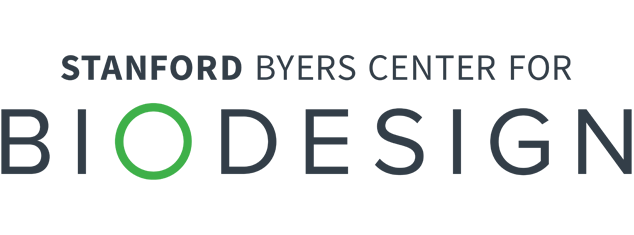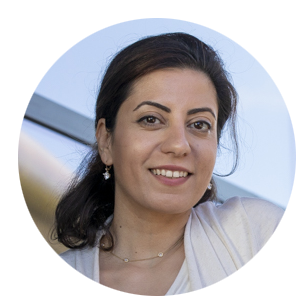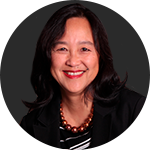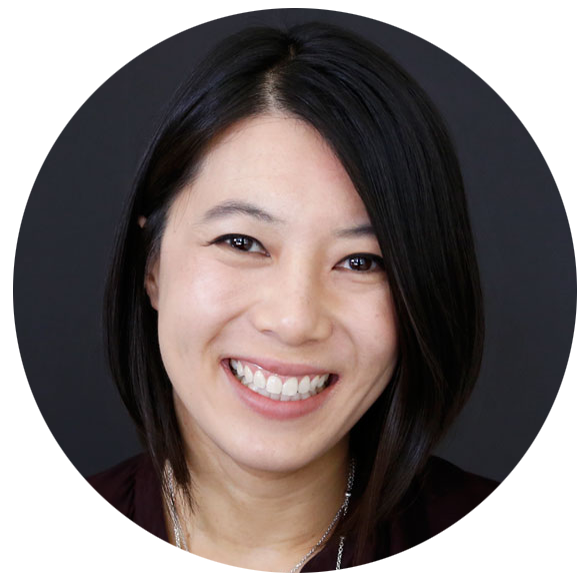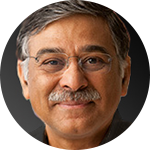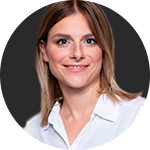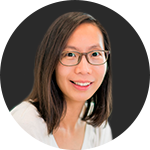Biodesign for Digital Health
Overview
The aging population, growth in chronic disease, skyrocketing healthcare costs, and the increasing shortage of clinicians create real healthcare challenges globally. To add to this, the need for affordable, high-quality care, a growing demand from consumers for greater personal control of their health and health data, and the shift in focus from “sick care” to on-going preventative care provides an opportunity for impactful innovation. While today’s healthcare is primarily episodic, the reality is that personal well-being is continuous. The digital age provides a unique opportunity to both alleviate many of the present-day healthcare challenges while dramatically improving care and outcomes.
Digital health brings together data, insights, and tools to help individuals track and understand their personal health data while also enabling care teams to better support them.
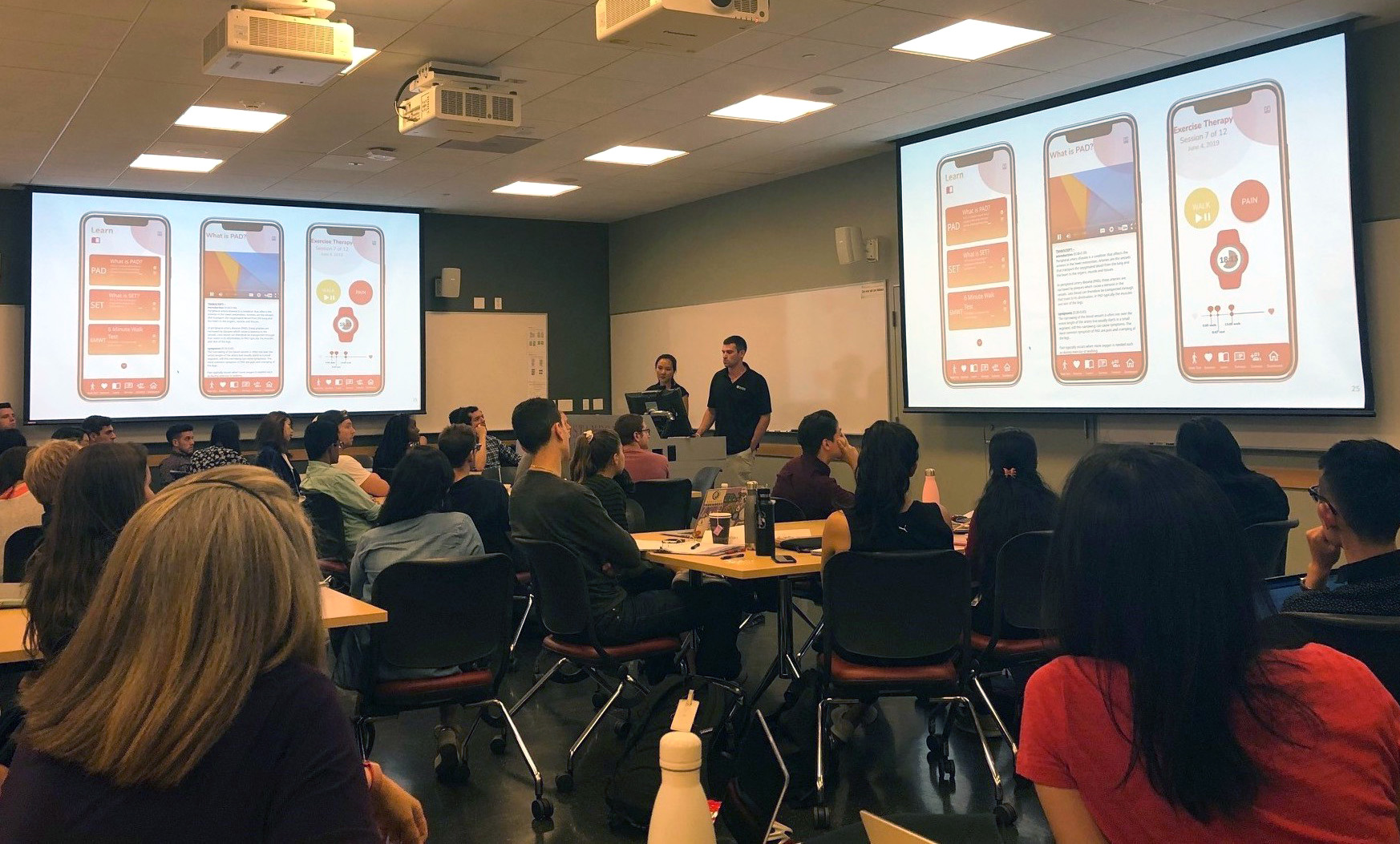 Thank you to all the health technology experts who help make the course such a great learning experience.
Thank you to all the health technology experts who help make the course such a great learning experience.
As apps, sensors, and wearables move toward ubiquity, and computing power enables both access and distribution of insights to the edge, digital health becomes a real opportunity to inject highly effective approaches to dramatically improve healthcare. Innovative digital health solutions provide opportunity for real impact across the entire cycle of care, from wellness, to acute and chronic diseases, to care at the end of life.
But how does one approach innovation in digital health to address challenges and capitalize on opportunities while ensuring the greatest chance of success?
At Stanford Biodesign, we believe that innovation is a process that can be learned, practiced, and perfected; and it starts with an unmet need. In Biodesign for Digital Health, students will learn about Digital Health and the Biodesign need-driven innovation process from a team of experienced instructors and more than 50 industry experts. Over the course of ten weeks, these experts join the teaching team in a dynamic classroom environment that includes lectures, panel discussions, and breakout sessions.
Student teams take actual Digital Health challenges and learn how to apply Biodesign innovation principles to research and evaluate needs, ideate solutions, and objectively assess them against key criteria for satisfying the needs. Teams use a hands-on approach with the support of need coaches and mentors. On the final day of class, teams present to a panel of digital health experts and compete for project extension funding. Learn more about Biodesign NEXT and read about the winning teams from past years.
Enrollment in the course is limited, and by application only. Friday sessions will be used for work time on team projects and expert workshops. Check out last year's syllabus for more information.
| Course title | ||||||||
|---|---|---|---|---|---|---|---|---|
| Biodesign for Digital Health | ||||||||
|
||||||||
|
||||||||
| Learning goals | ||||||||
|
Digital Course Leaders
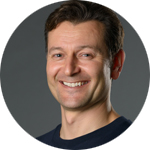 Oliver Aalami Director, Biodesign for Digital Health
Oliver Aalami Director, Biodesign for Digital Health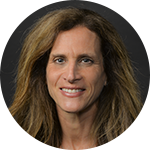 Michelle de Haaff Assistant Director, Biodesign for Digital Health
Michelle de Haaff Assistant Director, Biodesign for Digital Health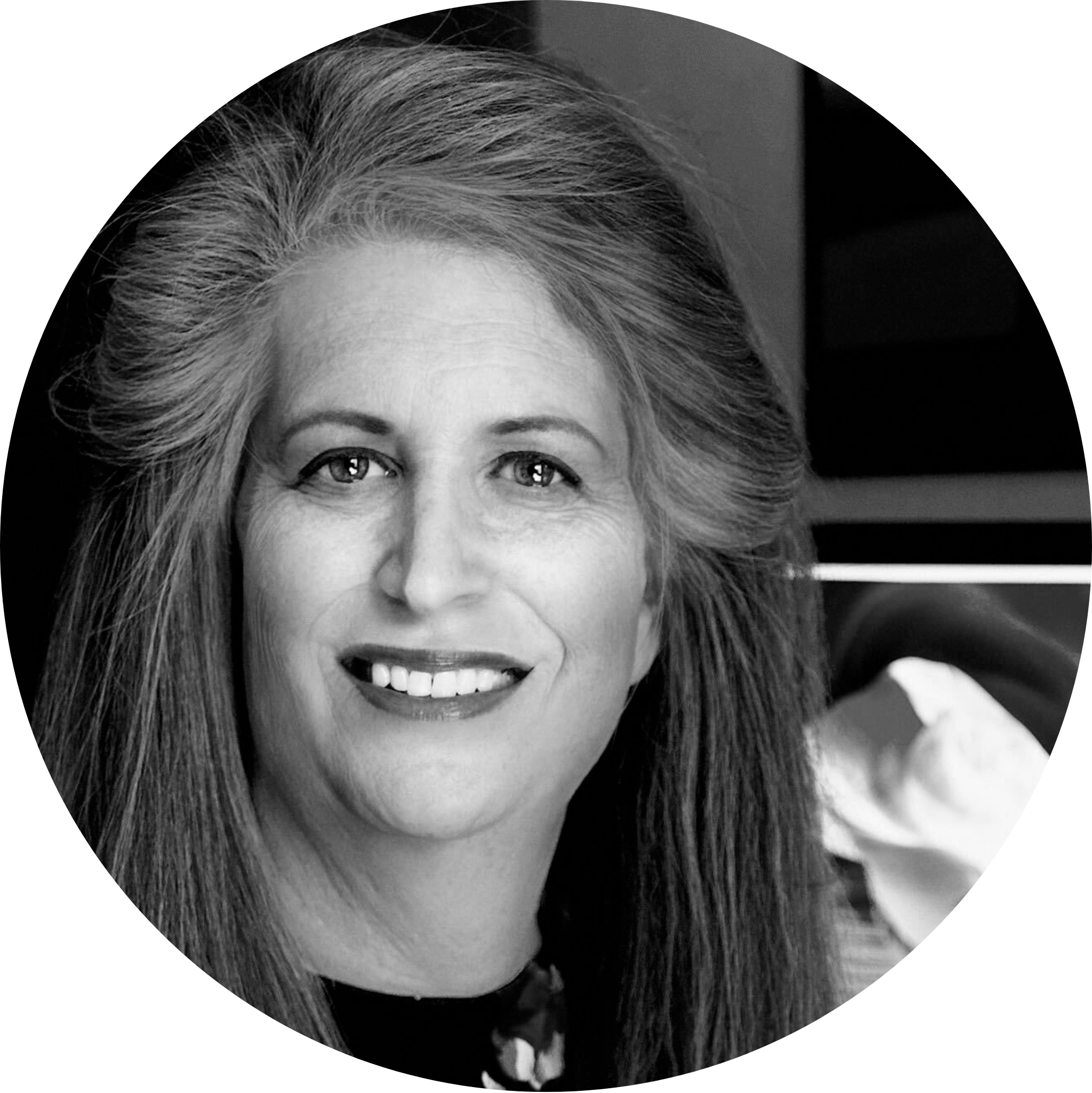 Robin Goldstein Digital Health Design Mentor
Robin Goldstein Digital Health Design Mentor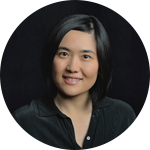 Shiqin Xu Course Manager
Shiqin Xu Course Manager
